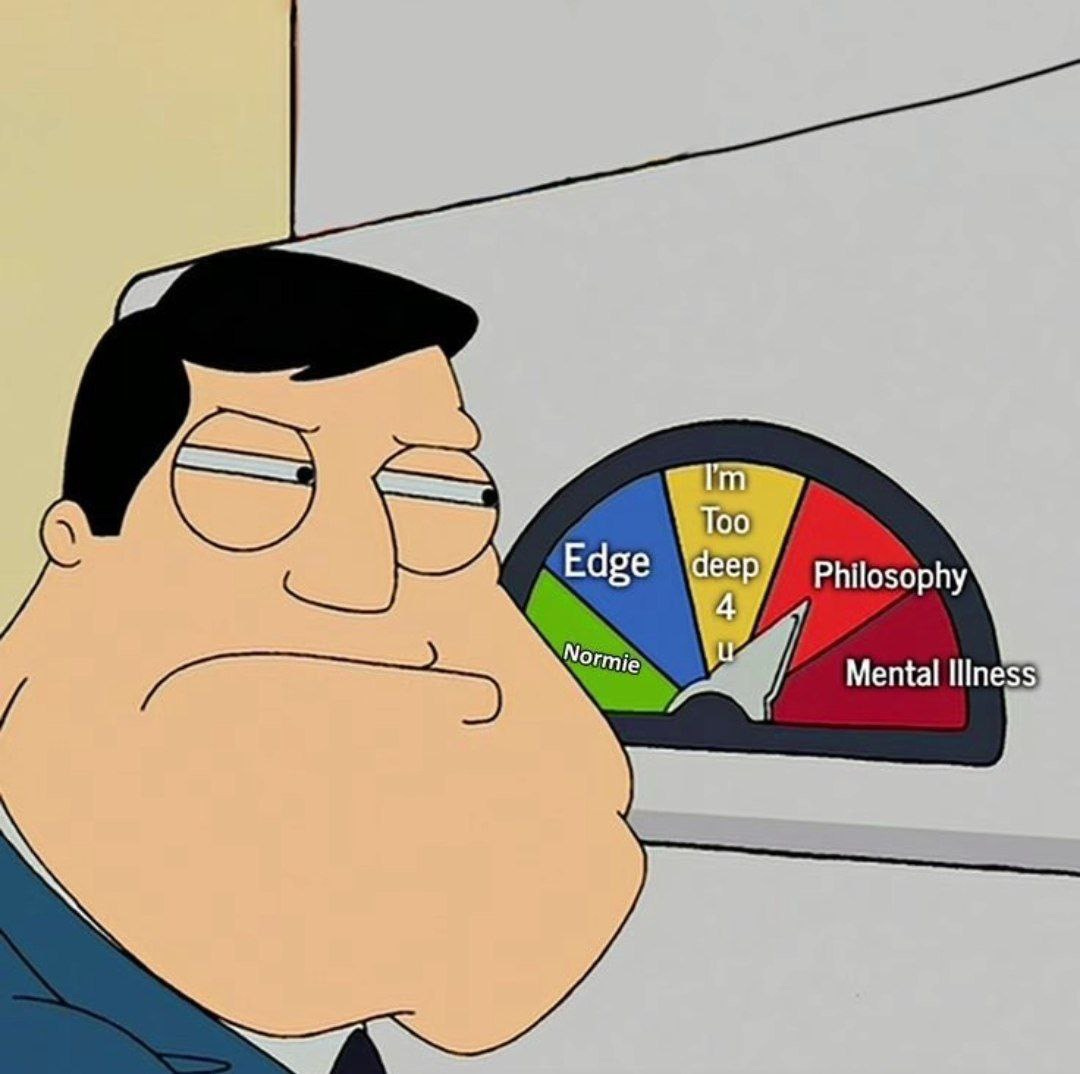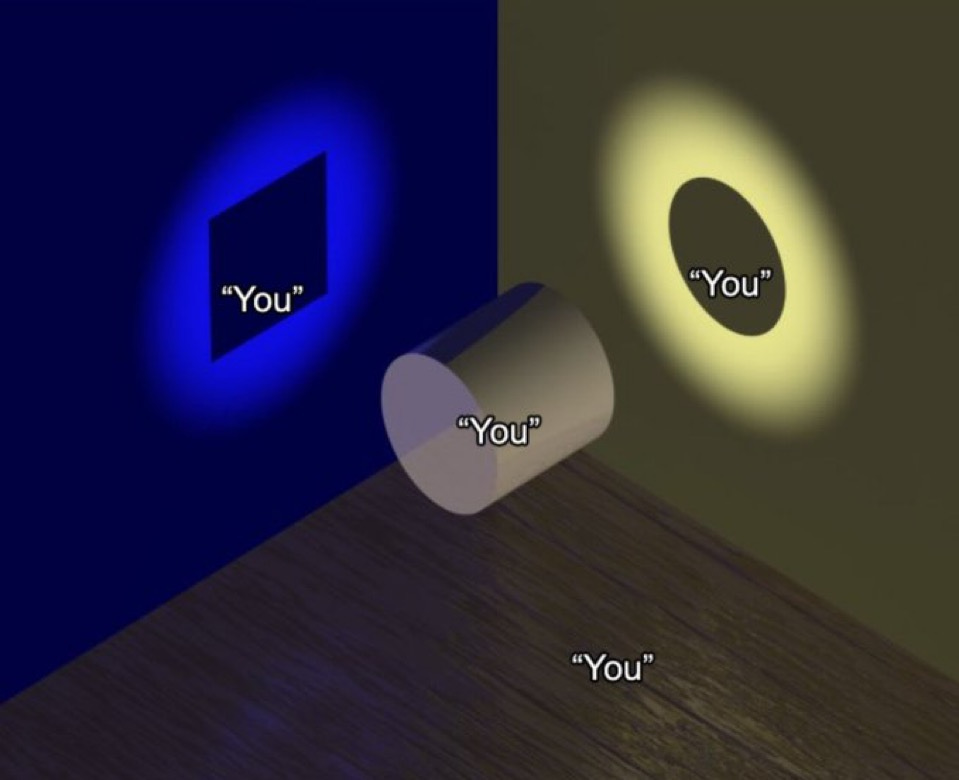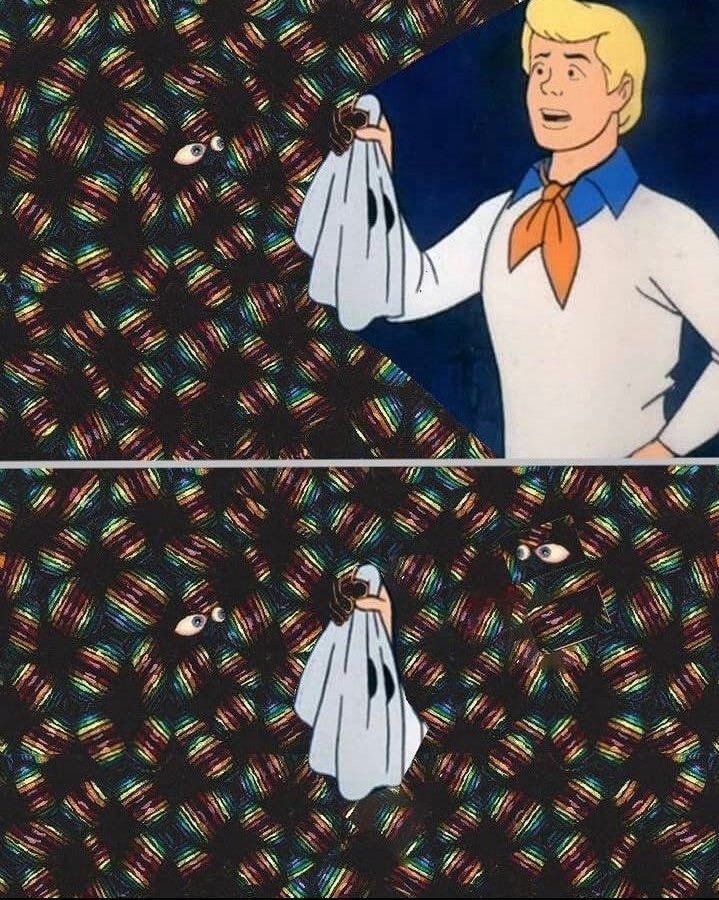Greetings, all. Today, in Yours Truly’s irregular column, you’ll find a fine selection of news from the coffa-scened rooms of Nova Nevédoma’s central office in Tulubaika.
Everything about this is irregular, even though it’s numbered with “un”. The title, “Nevedomosti” is a sophisticated wordplay (as everything about this) that comes as twist on the publication’s title and a reference to the format of historical Russian newspapers ("vedomosti") while inverting their purpose of making things known by incorporating the negative prefix "ne-" (not, un-), essentially creating an oxymoronic "gazette of the unknown." Also irregular, this.
Shan’t our eyelid waver in the sight of time, and shall we begin.
(1) Complementary materials for the “Deleted Scenes”
In the past few months, I’ve channeled my writing efforts towards exploring concepts of Truth and Freedom. Even though the seemingly unhealthy obsession with them was forced on me by the Russian predicament and consequentially Two Eternal Russian Questions, “Who is to blame?” and “What’s to be done?”, I reckon the issues I wrote about are universal and, for better or worse, relatable to many.
Part of my enthusiasm for them has also been driven by topical proximity to my book, “Deleted Scenes from the Bestselling Utopian Novel”, and a desperate urge to promote it in a rather native fashion by plugging it into places where it would feel organic. That, I hope, made essays complementary to the book even though the relation is loose and each of them is a standalone work, just like “scenes” from the novel. I wrote about Truth, Freedom, authoritarianism, propaganda, conformity, personal experiences, emigration, and the role of Art and the writer, among other things. The hope is, of course, to make you interested in reading the book if you aren’t yet, or at least deliver somewhat parallel messages in non-fiction format for those who prefer that (for some reason, huh).
I do, however, want to take some break from that essay format, try something else for a time being, and focus on fiction. I’m rather worn off and have no more throbbing ideas that demand immediate writing action, and whereof one cannot speak, thereof one must be silent, kek. But I want to mark some sort of checkpoint and at the same time remind you about those essays if you haven’t read them (for some reason, huh). Consider this a compilation, a digest. I tend build themes through accumulation rather than a direct statement applying some sort of thematic layering. That’s often true both for micro (story) level and macro (book or this digest) level.
Now, here they are, proper bangers, from left to right (not on the political spectrum, mind you):
"Adaptations of Lurid Dreams", where I explore the use of dreamlike and surreal sequences in the "Deleted Scenes" as a means of processing and understanding the anxieties and political realities of the time, particularly in the context of the oppressions in Russian and the war in Ukraine.
"Why I Don't Go to Russia", where I analyse the potential legal consequences I would face if my book were (miraculously or recklessly) published in Russia, highlighting the repressive laws that stifle dissent and the risks associated with speaking out against the regime.
"Dragons in the Dungeons of Mind", where I analyse the play "The Dragon" by Evgeny Schwartz as an allegory for the enduring nature of authoritarian systems, even after the figurehead of that system has been removed, and how psychological structures of oppression persist in the minds of the populace, making them complicit in the perpetuation of tyranny.
"How to Be 'Good'", where I examine the ways in which individuals justify that exact complicity in evil systems, drawing on historical and literary examples such as Nazi Germany and C.P. Taylor's play "Good". It’s about how passivity, conformism, and the desire to maintain one's worldview can lead to the acceptance of atrocities and Evil in general.
"Truth Crawling Back to Her Well", where I use Jean-Léon Gérôme's paintings of Truth and discuss the changing nature of truth in a world of technology and information. The essay speaks on the challenges of discerning fact from fiction and the erosion of trust in authorities and objective reality.
"On Success in Futile Endeavours", where I “present” my personal framework for navigating a world of seemingly insurmountable challenges and the paradox of action in the face of futility. You’ll read about potential benefits of "microdosing hopium" among other sublime concepts that help to maintain a sense of agency and hope in the face of sheer absurdity (which is the world, “beyond satire” it is).
"The Art, The Tragedy, The Art of Tragedy, The Tragedy of Art", a piece where the lyrical I deals with an internal struggle with the act of writing amidst tragedy and societal upheaval. The essay questions the role of Art and the artist in times of crisis, meaning and purpose in writing, desire to comment on the state of the world and the overwhelming nature of the present reality and the paradoxical nature of creating art in the face of suffering.
To my surprise, there’s an apophenical narrative, a thread going through the essays, weaving them all together, and I’m happy with the result. While writing this, I realised there’s a lot I would add but at the same time it feels complete. Perchance, there should be a sequel but I won’t force it. What will be, will be. These things could happen. *shrugs*
What’s more interesting (or less, if you’re a luddite), I put them to Google’s NotebookLM tool to create a podcast which ended up being a hilarious parody on some high-brow pretentious literary discussion between two millenial Americans who were, I must concede, flawlessly flattering at times.
I hope you find great joy in this artificially produced artless piece of soulless shite:
(2) Cultural exchange
There's this meme expression in Russian “Пусть блядей корежит” (“Pust’ blyadey korezhit”), which describes the delightful process of deriving pleasure and satisfaction from watching people who don’t like you experience discomfort or annoyance because of your actions unrelated to them and spew their bitter verbal bile into the void.
I couldn’t fully recreate the tone and subtext it implies but, with the help of Konstantin Asimonov and M. E. Rothwell, setteled on “Let the fuckers squrm”.
It’s not schadenfreude and not a sense of karmic justice, it’s rather a detached amusement at others' impotent rage, certain satisfaction in not giving a fuck about their opinion.
As when both lefties or righties can’t comprehend your transcendent stance and their NPC brains are short-circuiting as they type furious walls of text trying to prove you must be from the "other side". You're not laughing at them, you're not enjoying their confusion—you're just noting their malfunction with a kind of self-aware ironic detachment of "whatever, let the fuckers squirm" or “love when the fuckers squirm” attitude.
Or in a grander scale, if reality doesn't align with my notion of Truth, then so much the worse for reality.
(3) New reviews on “Deleted Scenes”
I decided to post all reviews I receive on my books. It’s easy to say given I haven’t received bad ones so far, but I do promise to share ALL, inevitably there’ll be bad ones one day. If you hate my work, please write about it, I’d be curious to learn about this unprecedented phenomenon and what triggered it.
This week I’ve received first two reviews on my books from the people I never known personally. I must say it feels completely different, and, in this particular case, pleasant. Moreover, one of my concerns has been that the “Scenes” won’t work that well without context the book is inspired and based on (again, the infamous Russian predicament), but it doesn’t seem to be the case given all the reviews I’ve received so far from people who aren’t connected to Russia. That is fabulous news for me.
Here’s a reader review I got via BookSirens platform:
Darker and darker we go — 4/5
This was rough, emotionally charged and crazy all in one.
These little scenes are glimpses, of us spying on the true horror of everyday people, trying to survive in a world that's broken.
But not just broken by man, but broken by demons, the true evil inside and the things humans will do when they think they can get away with it, in a broken world, where most are just trying to survive.
For this to have been fiction, I related to it very hard, this is going to linger with me for awhile.
This was the kind of horror that sneaks up on you and then it's there, and you can't stop, like watching a car crash the horror just builds until it explodes.
Fabulous news for you is that you can also become a reviewer on the platform. It’ll allow you to read the book for free but you’ll have to swear on the fate of the universe that you’ll leave a review.
The second review is a professional review I ordered from BookLife.
In a stream of consciousness, debut novelist Bagaev (author of The Debut Project and Other Stories) catalogs the dreams, attitudes, and absurdities of citizens living in a totalitarian dystopia. The vignettes are presented as samizdat errata, material that an “Editorial Committee” has deleted from a government-sanctioned utopian best-seller to preserve the book’s “narrative integrity” and avoid a “descent” into ”literary anarchy.” In these excerpts, readers discover the frozen island nation of Novo Tsarstvo, where the ruthless Tsar rules with violence and doublespeak: “one needs not lay a stone to build utopia; one can convince the rest they live in one already.” Police wear balaclavas and beat citizens indiscriminately, and the military detonates the lethal “Peace Bringer” bomb on the neighboring enemy island in the name of defense.
The collective inhabitants of Novo Tsarstvo attempt to make sense of their dehumanizing existence by imagining fanciful scenarios of how this fascist world came to be and how they can change it. Their fantasies include a professor creating the sadistic police as a race of pig-faced demons, Homo demonicus; a parallel dimension where leaders and newspapers don’t lie and benevolent rulers promote art and science; “television reality” that feeds alternate truths so pervasive that it takes on anthropomorphic form; and the shriveled and feeble Tsar as a marionette manipulated by his officials. Most scenarios are either alarmist or optimistic, but a couple are comical, like one centering on a stalwart woman who ignores the law against owning a cat.
Bagaev’s metaphysical observations strike with chilling accuracy, while the prose, despite the heady invention, is brisk and pointed, the storytelling as fleet as it is wild. A welcome fabulistic playfulness leavens the dehumanizing themes, even as Bagaev explores how a civilization evolves to practice sadism and genocide, the capacity for diverse perceptions of reality, and the steps, however small, it that must be taken to right the world’s wrongs. Readers who love outraged play and literary daring will appreciate Bagaev’s pained, vivid vision.
Takeaway: Clever, outraged novel of storytelling in a totalitarian state.
Comparable Titles: Ken Kalfus, Bruno Schulz.
Production grades
Cover: A-
Design and typography: A
Illustrations: N/A
Editing: A
Marketing copy: A
The BookLife review, and the fact it’s really good, is significant because it will appear in the December issue of the Publisher Weekly, a magazine that goes to bookseller, libraries, publishers, etc. adding a bit of professional validation and increasing visibility and discoverability of the book, so eventually my work could reach more readers. I’ve ordered a physical issue of the PW and I’ll surely show you how the review appears in print when its out.
Reviews are crucial for me now not just for self-esteem and validation and some objective evaluation of the quality and such but also for sales. It would be much easier to promote the book, run ads, attract eyes, etm if I have a lot of [good] reviews.
By the way, I’ve sold around ~85 copies (!), which is a great success for me and makes me very happy. I’d love to reach 100 by the end of this year but I want many things and the Universe doesn’t always agree. Despite or in spite, we'll muddle through somehow.
On that note, if you’ve read the book already please leave a review on Amazon, Goodreads or other places. That would help me immensely.
If you’d like to buy the book, today you can get it with a small discount at Blackwell’s. They do free international delivery.
If you want to read it but have any trouble getting hold of a copy, including financial, please reach out to me. I'll do my best to help!
To get a taste of the book, you can read one of the stories, "Dream", for free in the Soaring Twenties magazine.
Other booksellers: Amazon, Waterstones (UK), Foyles (UK), Barnes & Noble (US), Hugendubel (DE), Kobo (ebook).
(4) Assorted memes



And a random cat picture I took today:

Herewith, I make my bow.